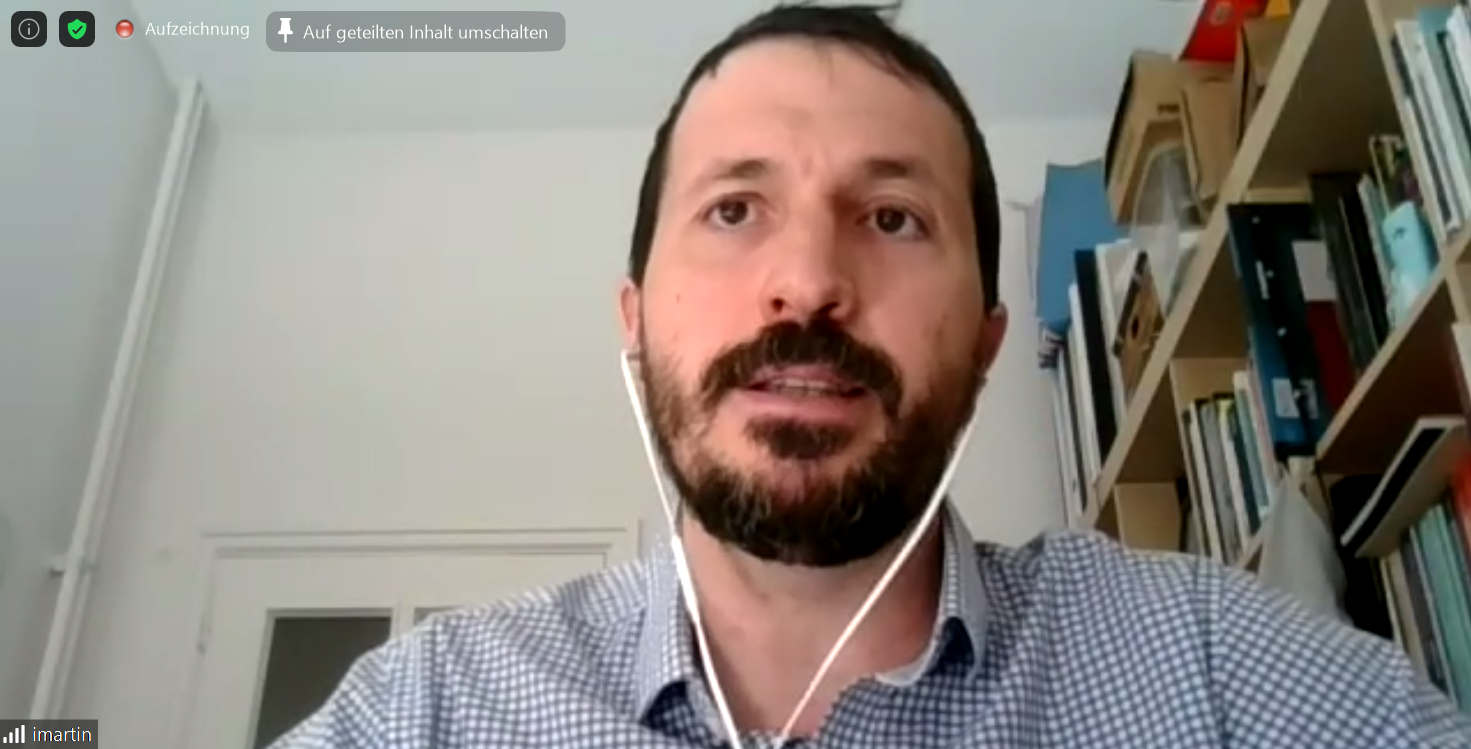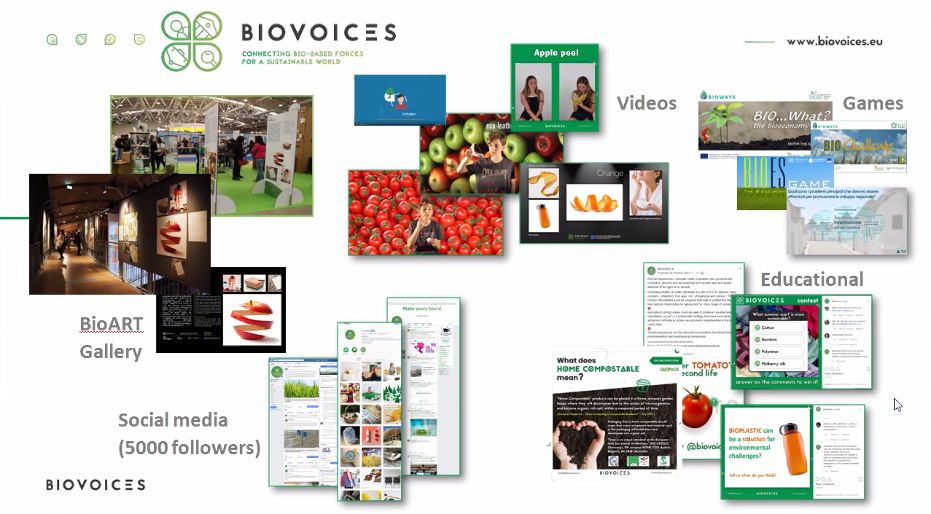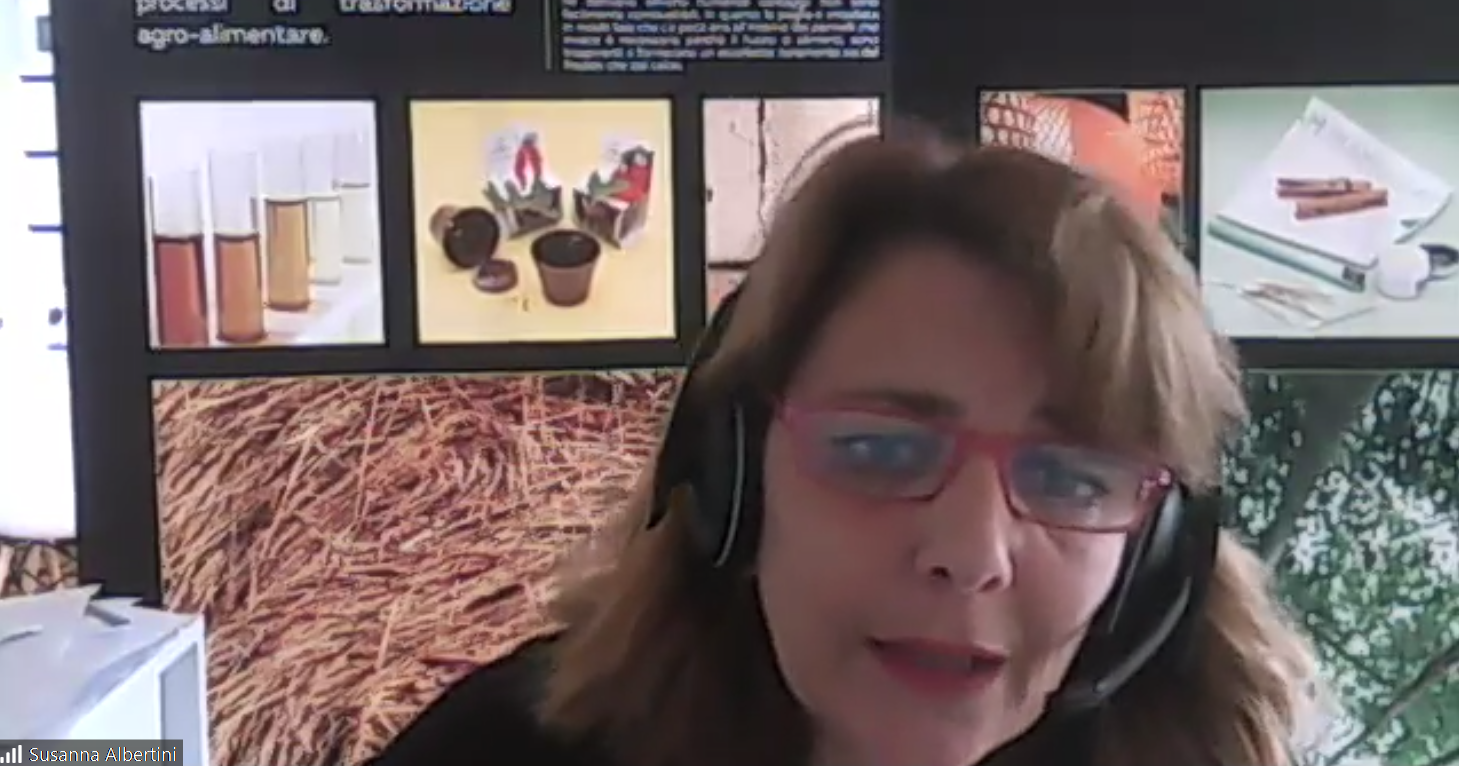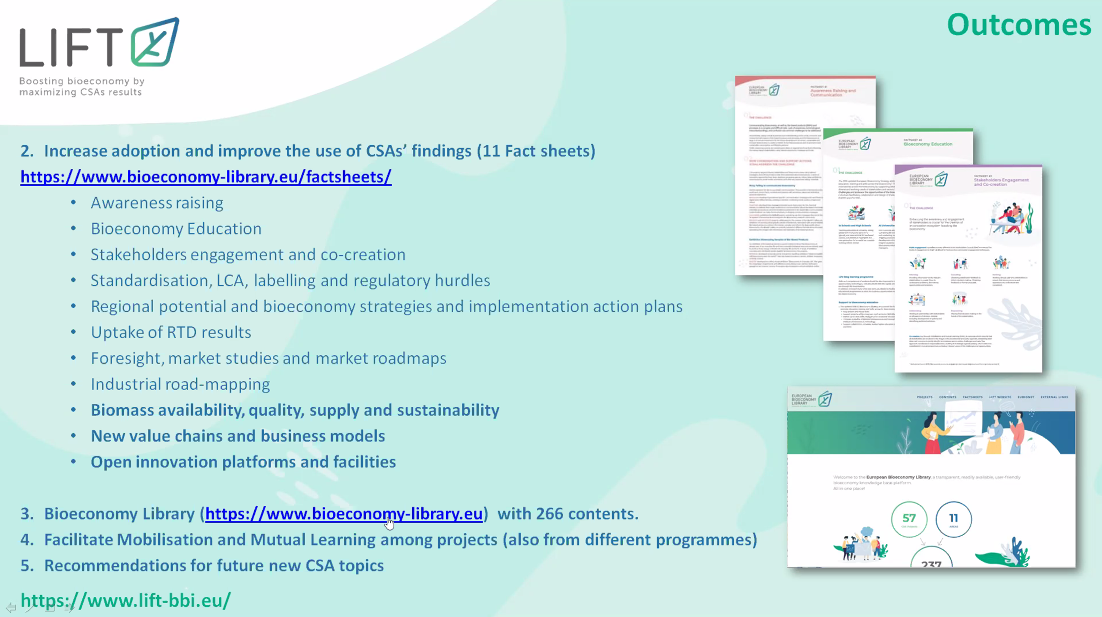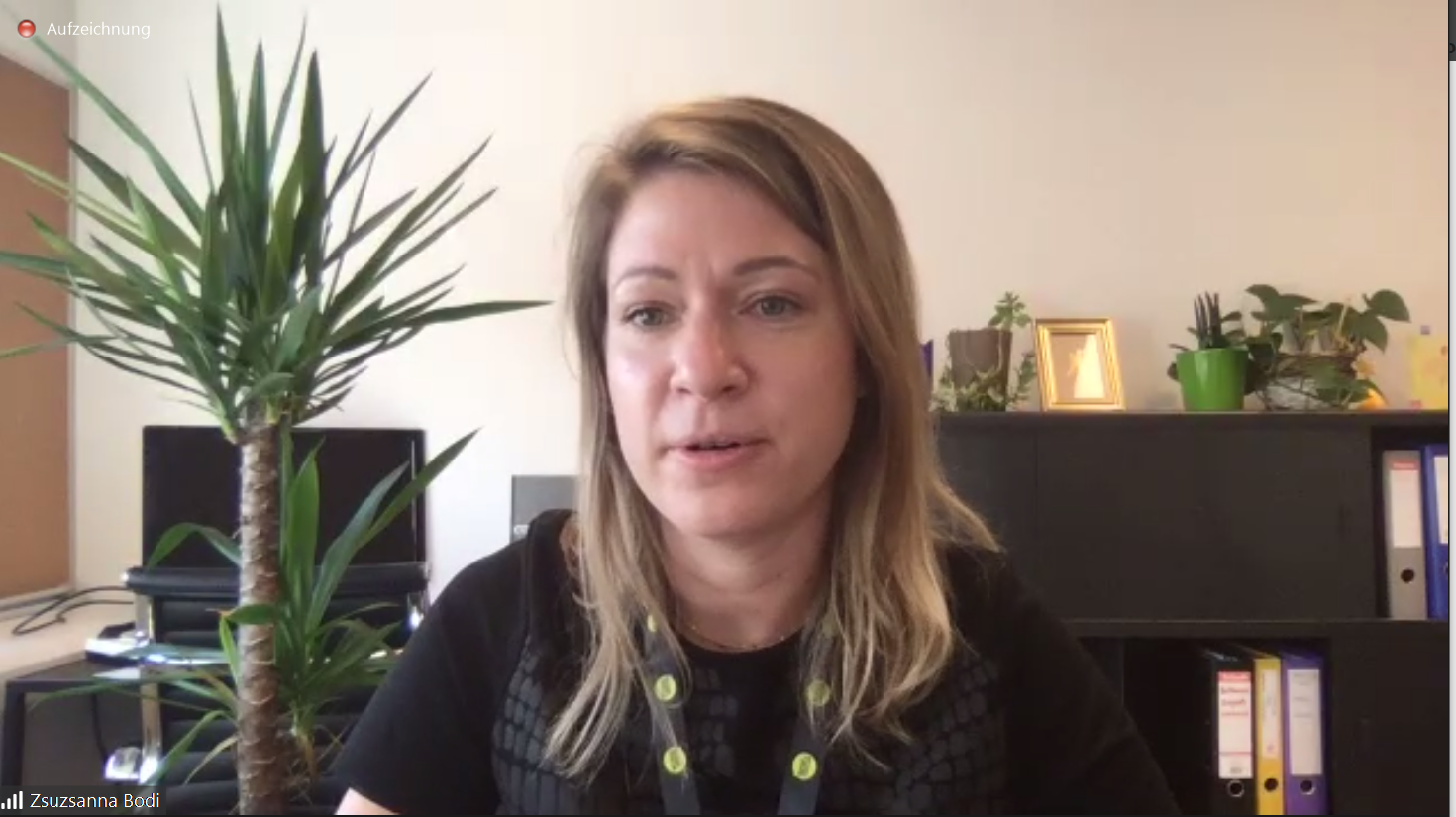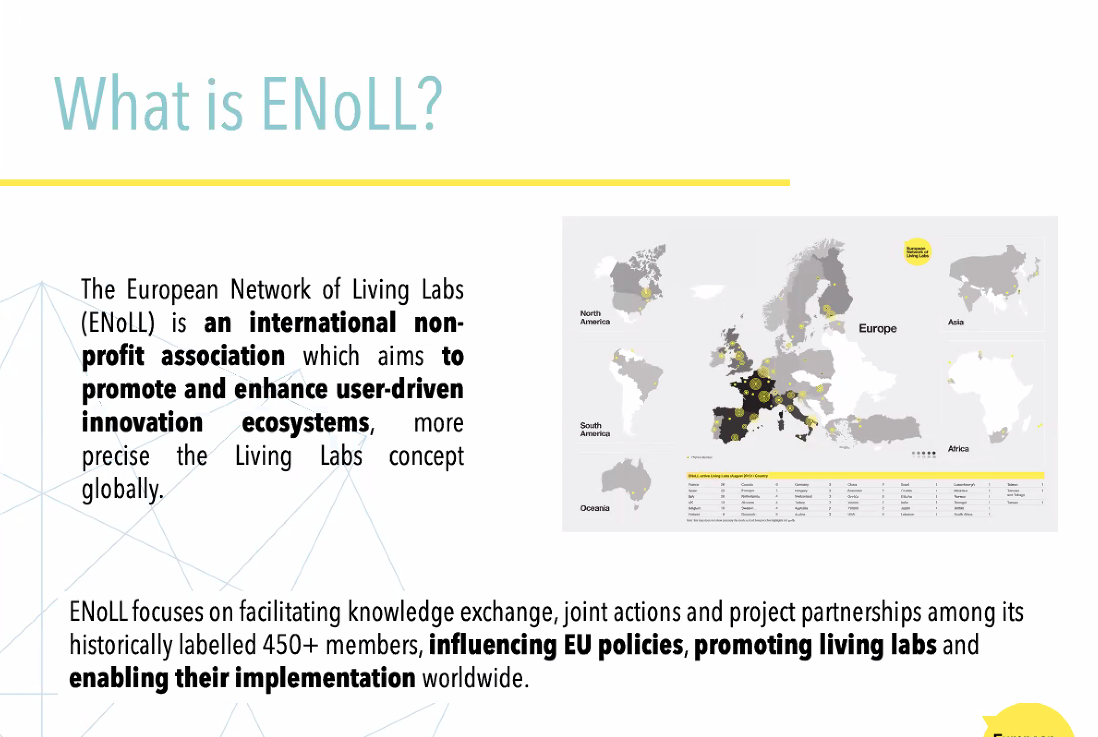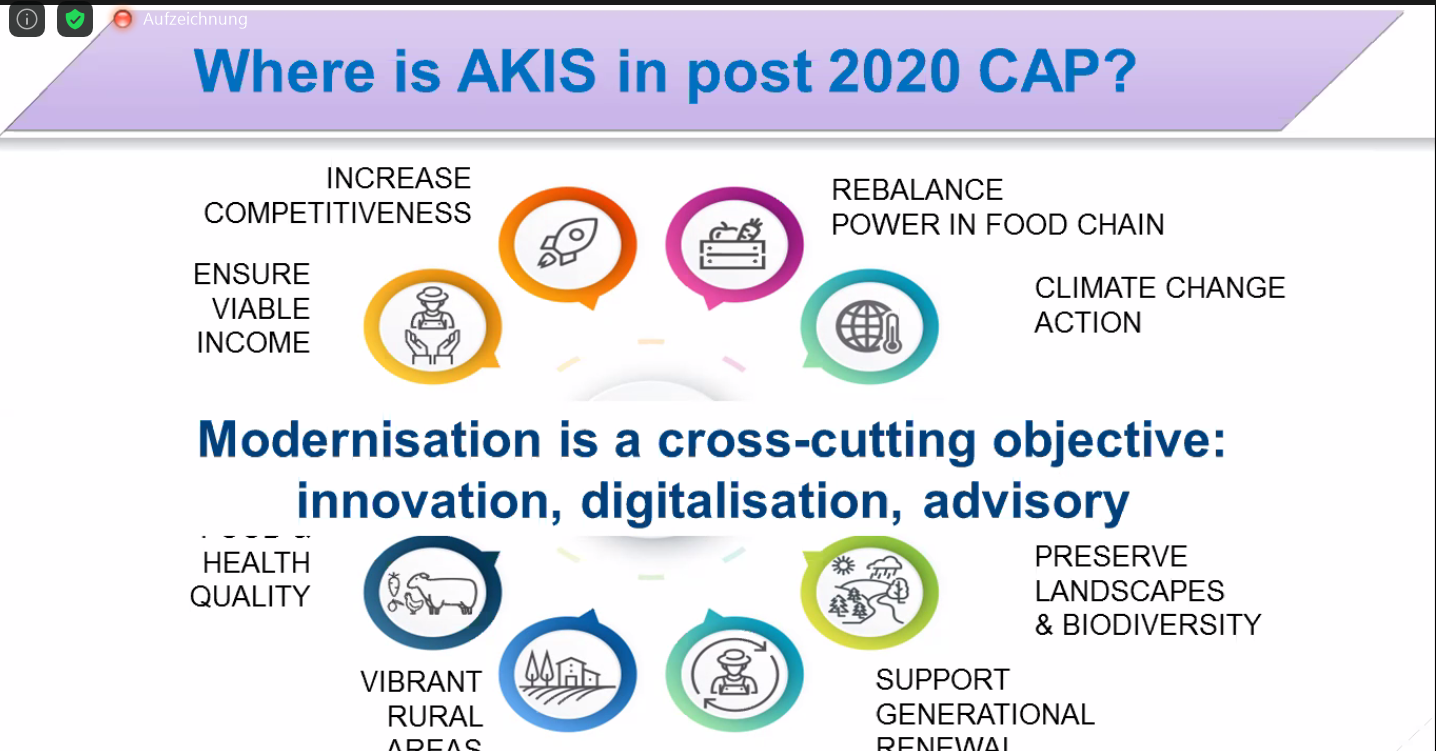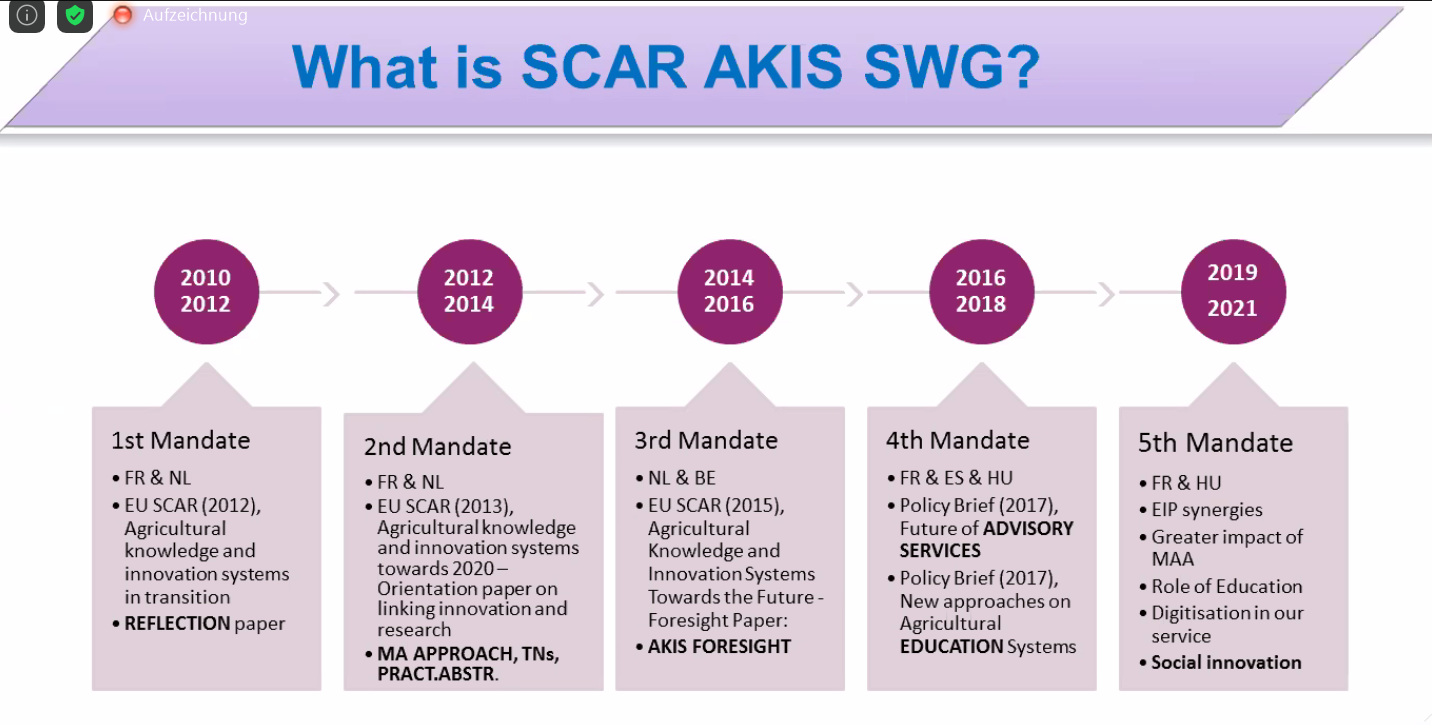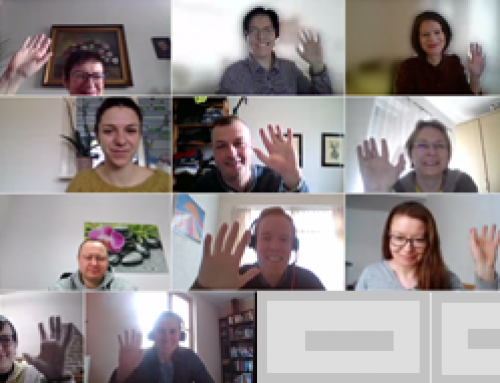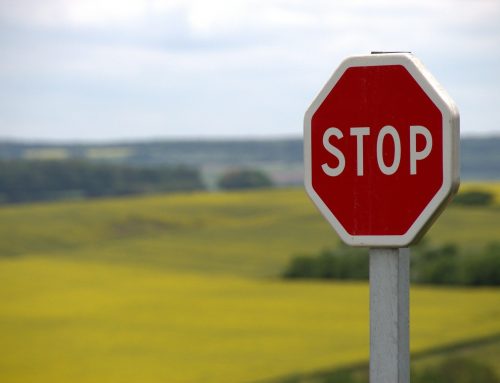BIOeast webinar: Developing multi-stakeholder partnerships and co-creation for boosting the uptake of bioeconomy in Central Eastern Europe
15.6.2020
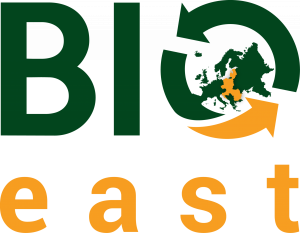
Within the BIOeast webinar series “Advancing Sustainable Circular Bioeconomy in Central and Eastern European Countries”, five thematic webinars are held where an overview of the BIOEAST initiative and its supporting project BIOEASTsUP is given. The BIOEASTsUP project helps the BIOEAST countries in developing national bioeconomy strategies and action plans, building a strategic research and innovation agenda (SRIA) for evidence-based policy making.
On June 15, the fourth webinar of the BIOeast webinar series “Developing multi-stakeholder partnerships and co-creation for boosting the uptake of bioeconomy in Central Eastern Europe” was held. More than 80 participants followed the presentations of several invited experts. All presentations were closed by a short Q&A session.
The webinar was introduced by the video “A bio-based day”, created by the Biobridges Project, where numerous bio-based products made from a wide range of biomass feedstock and residues were shown in the run of one day.
Supporting multi-stakeholder co-creation boosting the uptake of bioeconomy in regions
Ignacio Martín, coordinator of POWER4BIO, presented the project and its approach to support ten European regions to create their own regional bioeconomy strategy or to refine their already existing strategies. He introduced the currently launched catalogue of bio-based solutions that enables interested stakeholders to search for already existing bio-based business cases. All regions participating in POWER4BIO used the self-assessment tool (SAT) of the European Commission to assess the investment readiness level in their region concerning sustainable chemical production. Ignacio Martín also reported difficulties and challenges as well as chances and opportunities of bioeconomy in Central and Eastern European regions and the lessons learnt from the POWER4BIO project. Within POWER4BIO, a Bioeconomy Strategy Accelerator Toolkit (BSAT) will be developed that supports regions to create their own bioeconomy strategy based on the outcomes of POWER4BIO.
Bioeconomy knowledge sharing opportunities – Participatory approach
Susanna Albertini, who is involved in several EU funded projects, gave an introduction to several Communication and Support Actions (CSAs) in the field of bioeconomy. The aim of CSAs is to raise awareness and to connect interested stakeholders with each other. Within the LIFT project, that was funded by the BBI JU and ended this April, the European Bioeconomy Library was developed, where the results of 57 CSAs are gathered.
The European Bioeconomy Network was established in 2018 and currently unites 59 EU funded projects dealing with Bioeconomy promotion, communication and support. The main goal is to maximise the efforts, increasing the knowledge sharing, networking, mutual learning, coordination of joint activities and events. EuBioNet is mainly supported by the Biovoices project that will end in April 2021, afterwards the main support will be handed over to the new bioeconomy CSA Transition2BIO, starting in January 2021. Transition2BIO will support the transition towards the bioeconomy for a more sustainable future through communication, education and public engagement.
How does the living lab help to engage different stakeholders into open innovation?
Zsuzsanna Bódi, Association Director of European Network of Living Labs (ENOLL), and her colleague Koen Vervoort, network manager of the network, introduced the concept of living labs and their chances how to engage different stakeholders into open innovation. One example shown in their presentation was a “speed dating” in which the PA4ALL Living Lab Novisad brought farmers and ICT professionals together to co-create precision agriculture project together. It took time but became successful for long term collaborations.
Developing multi-stakeholder partnerships based on the framework of AKIS
Anikó Juhász is the Deputy State Secretary of the Hungarian Ministry of Agriculture. Between 2015 and 2018 she was the General Director of Research Institute of Agricultural Economics in Budapest. In her presentation she introduced the Strategic Working Group Standing Committee on Agricultural Research Agriculture Knowledge and Innovation Systems (SWG SCAR-AKIS). One of the cross-cutting objectives of this group is the modernisation of common agricultural policy (CAP) by innovation, digitalisation and advisory.
The fifth and last webinar of the BIOeast webinar series about “Planning sectoral analysis and exchange of good practices for bioeconomy value chains” will take place on July 9, registration is open to all under the following link: https://ec.europa.eu/eusurvey/runner/BIOEASTsUP_Webinar_series_2020
The recording of the webinar is available on YouTube under the following link: https://www.youtube.com/watch?v=nvYqNxun3uw&feature=youtu.be



